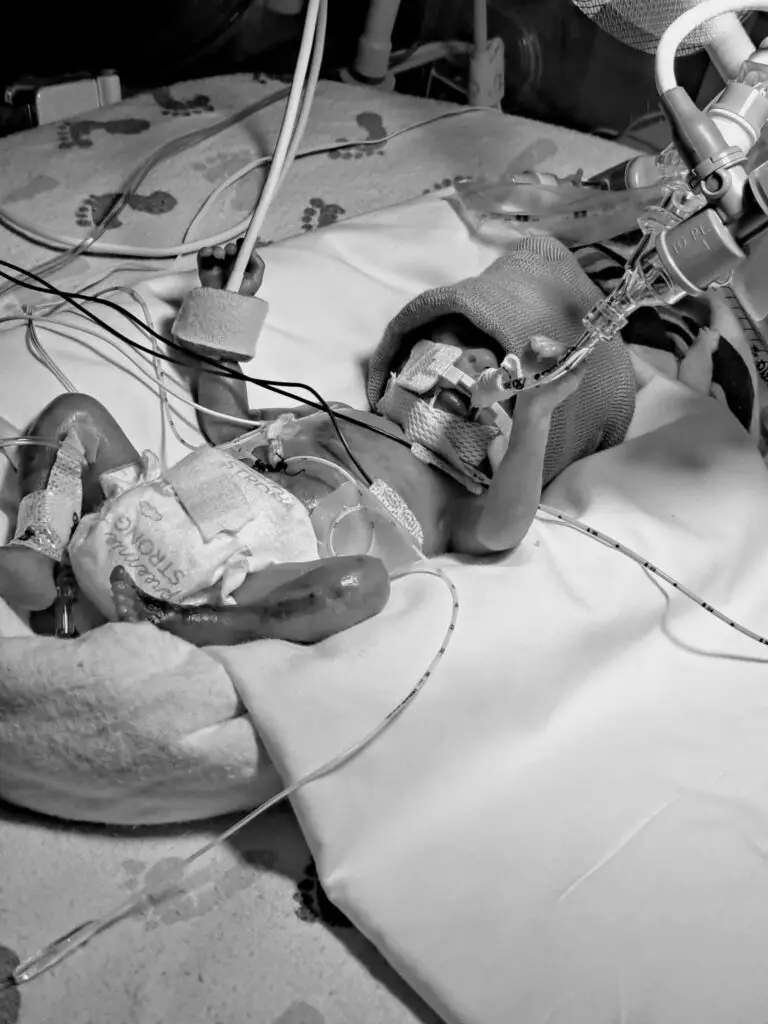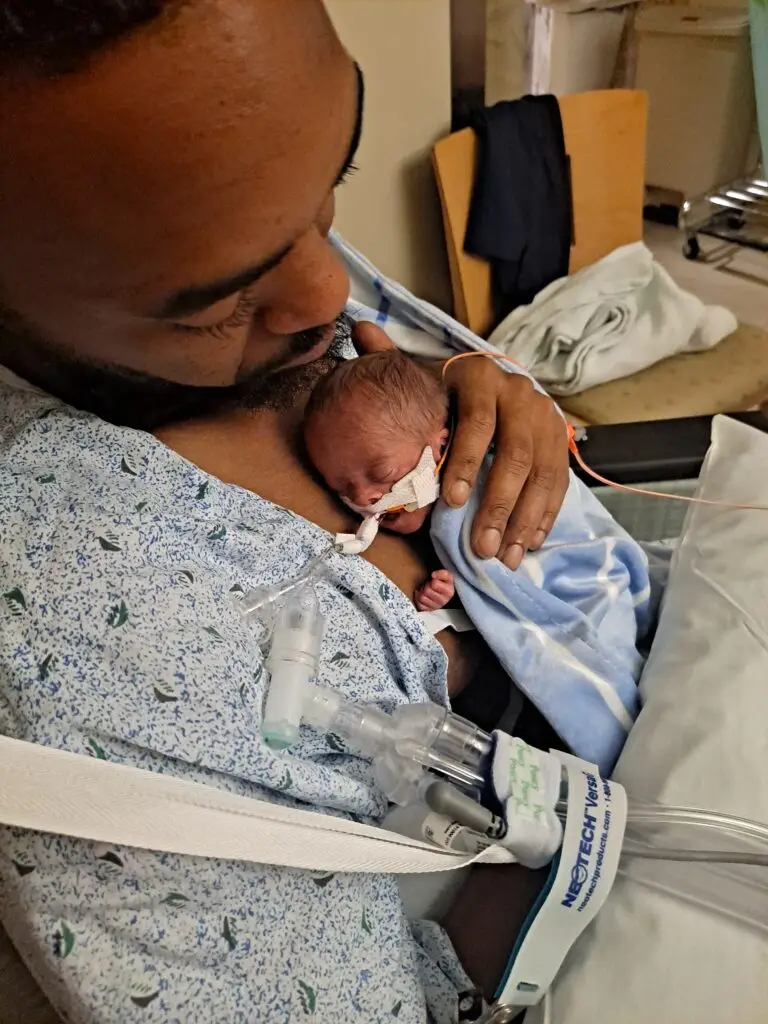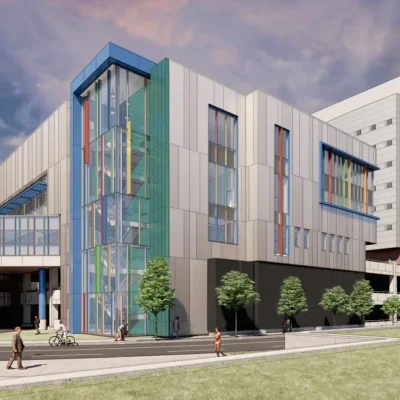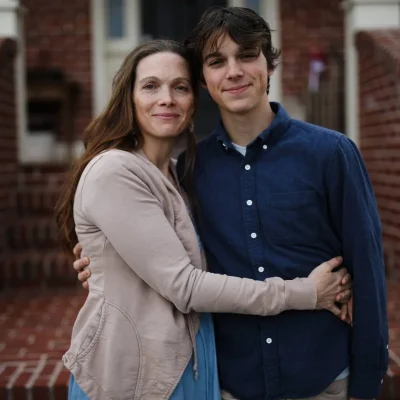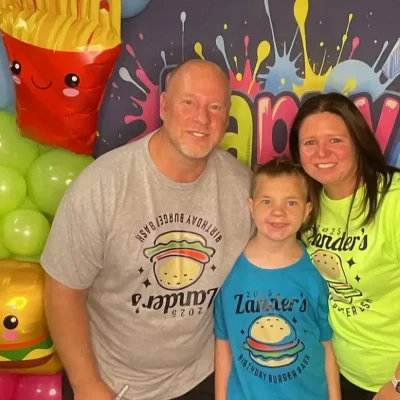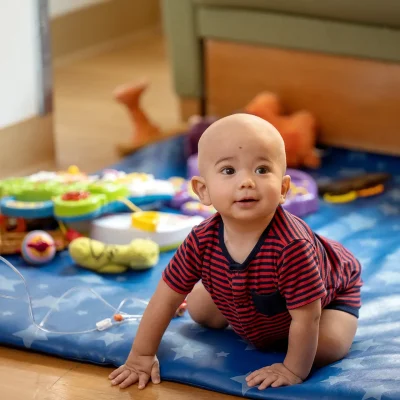Betsy and Justin knew early on during Betsy’s pregnancy that there were complications.
Shortly after the birth of their twin boys, Levi and Liam, it became clear that one of the twins might not survive.
When a family learns that their child has a life-limiting illness, it can feel as though their entire world has stopped turning. Overwhelmed with uncertainty, every person affected by a life-limiting diagnosis deserves access to medical care, social services, and emotional support so they can experience their best possible quality of life.
The Division of Palliative Medicine and Supportive Care aims to build a future where there are no barriers to this life-changing care.
Watch Betsy and Justin’s story below:
When a Child’s Future is Uncertain
In cases like the twins’, parents and health care providers may be uncertain about the future of the unborn child, or they may know definitively that the child will not survive long after birth.
In either case, the division’s Perinatal Supportive Care Program — led by Christine Bishop, MD — attends to families’ medical, social, and emotional needs, and helps them plan for the future. This care is available in both the Neonatal Intensive Care Unit (NICU) at UPMC Magee-Womens Hospital and UPMC Children’s, seamless connecting families across both hospitals.
“This program is bridging the gap between our two hospitals, and it’s allowing families to receive the care they need more quickly, more frequently, and from clinicians they already know and feel comfortable with,” says Dr. Bishop. “Nurse practitioner Kate Ramey and I work together to educate staff and integrate processes and protocols at Magee, ensuring NICU staff can deliver comfort care, medication support, pain management, acute and long-term bereavement support, and much more.”
About the Division of Palliative Medicine and Supportive Care
The Division of Palliative Medicine and Supportive Care combines palliative, perinatal palliative, and medically complex care services into one centralized hub, resulting in more continuous and individualized support for each child and family.
A multidisciplinary team of experts provides services in:
- symptom management
- care coordination
- home and hospice care
- bereavement support
“By unifying these critical services under one division, our team has established a cohesive vision for how we are going to shape the future of pediatrics and solidify palliative care’s place in that future,” says Scott Maurer, MD, who serves as chief of the division. “The core of our mission is to expand access to palliative care, because it is vital to the well-being not only of the child, but every family member, caregiver, and loved one who cares for that child.”
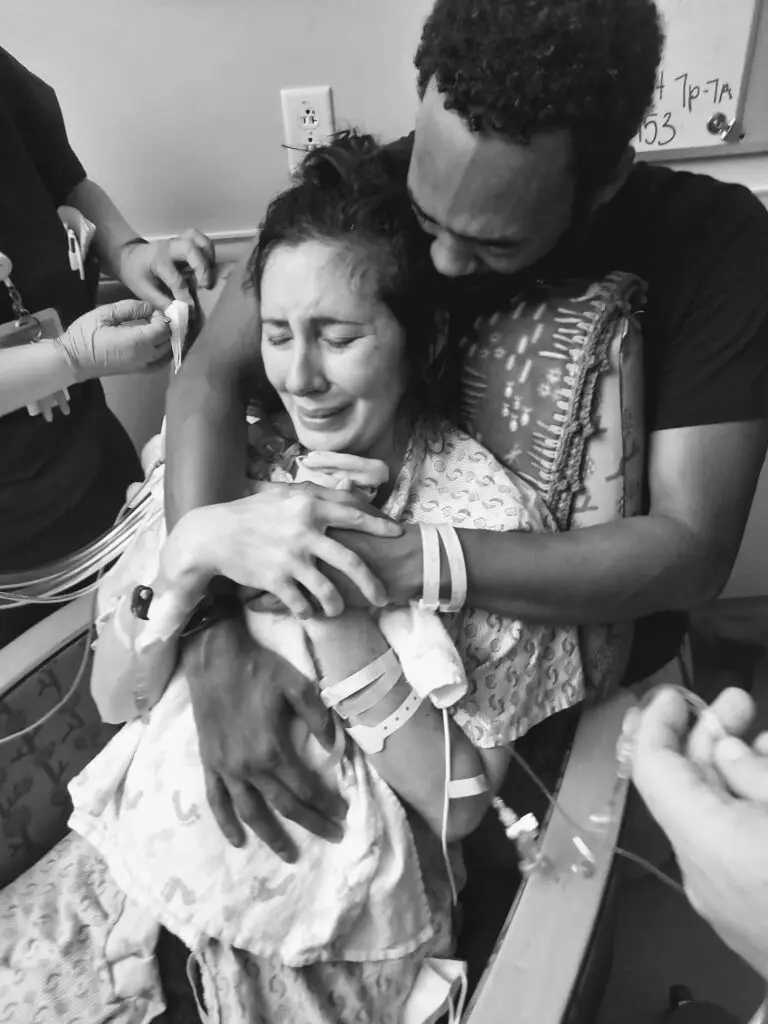
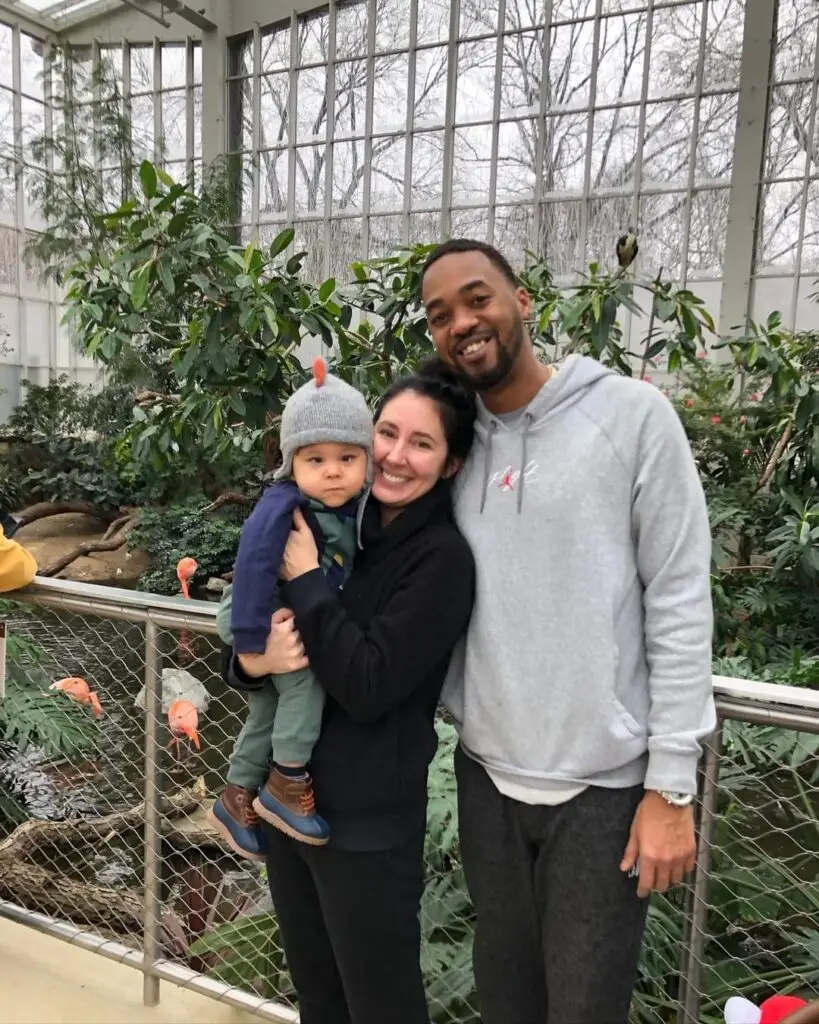
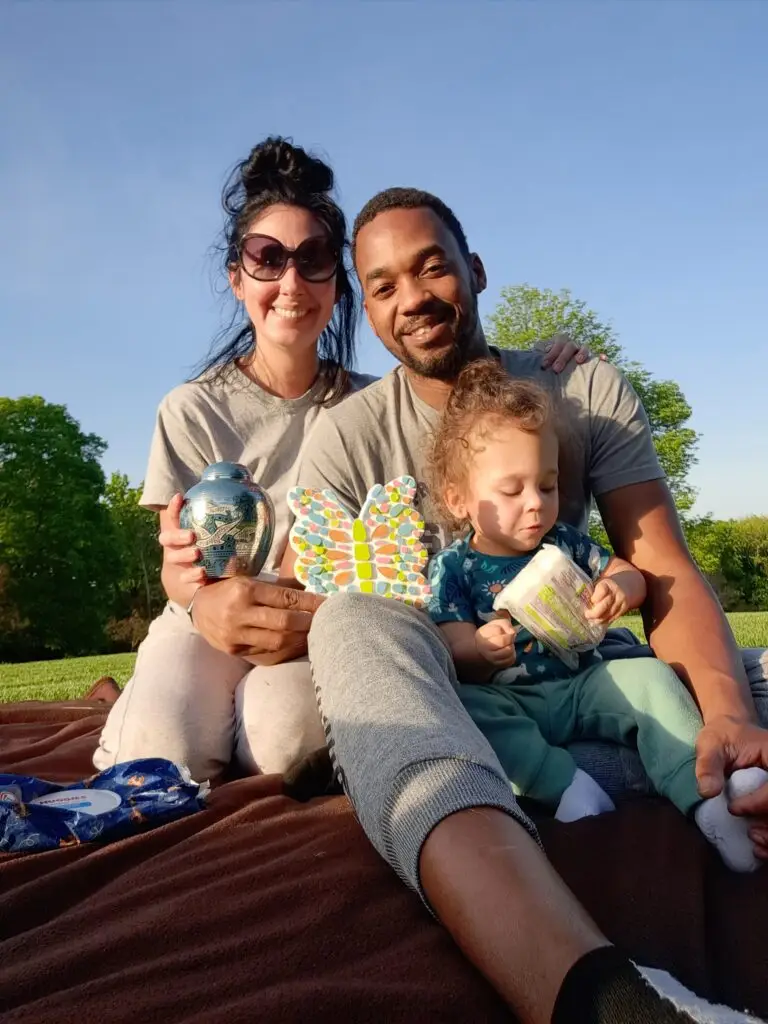
The Ripple Effect of Palliative Care
Both Dr. Maurer and Dr. Bishop emphasize that palliative care is not only a matter of children’s health, but also the health of parents, families, and entire communities. “The health of parents, especially parents who give birth, truly affects the whole family,” Dr. Bishop shares. “We aim not only to comfort parents during an unimaginable time, but to guide them on the journey to long-term healing and wellness throughout the rest of their lives, long after they leave our hospital.”
“Children with complex illnesses thrive when surrounded by communities who care,” Dr. Maurer adds. “In addition to providing individualized support for families, our team is constantly working to connect children with the people and environments that embrace them exactly as they are. By expanding care to more hospitals and more cities, we hope to create lasting systems of support to meet families exactly where they are.”
A Program Fueled by Philanthropy
Despite being a vital and life-changing service, many services provided by palliative care are not reimbursable — meaning they are not covered by insurance. “Without philanthropic support, we would not be here — period,” Dr. Maurer says. “It’s the reason we can provide families with quality, 24/7 access to psychosocial support. It’s the reason we can recruit and retain leading experts in palliative care. It’s the reason we can provide services that literally have a lifelong impact. Our gratitude to our caring and compassionate donors is truly endless.”
“You have no idea how big your donations are to families,” says Justin. “It’s immeasurable the impact the donations have.”



